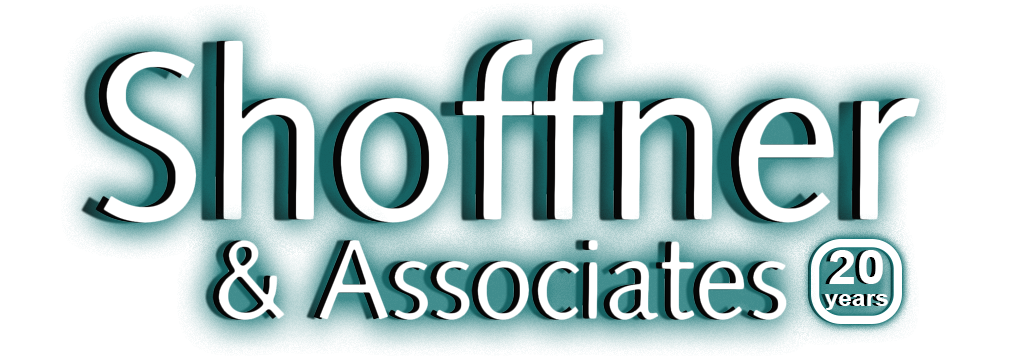People often get confused between tax-deferred and tax-free. They are not the same! You have to pay taxes on tax-deferred investments, but they are paid later. Tax-free investments are not taxable. The tax-deferred versus tax free question most often comes up around retirement accounts but impacts education and health savings accounts as well.
____________________________________________________________________
Freya Allen Shoffner, Esquire featured Professional Speaker, Presenter, Professor.
Need a Speaker for a Business Event? Call your friendly neighborhood attorney today.
With the right help, you are more likely to succeed. The attorneys at Shoffner & Associates will be happy to help you.
Give us a call at (617) 369-0111 or email fashoffner@shoffnerassociates.com
____________________________________________________________________
Tax-deferred accounts were designed to encourage people to save for retirement. The government offers this tax incentive with traditional IRAs, 401(k)s, 403(b)s, and 457 plans. The contributions to these plans are tax-deductible and offer tax-deferred growth. The contributions grow tax free until monies are withdrawn. This increases the benefits of compounding returns. There is more money to make money. When money is withdrawn taxes are due. When withdrawn at retirement, taxes are typically lower than at pre-retirement. Post-retirement income is typically lower than pre-retirement income thus the tax rate is lower as well. Withdrawals from traditional IRAs are 100% taxable as income.
There are also retirement accounts that are tax-free. These accounts, Roth IRAs and 401(k) and 403(b) plans with Roth features grow and are distributed on a tax-free basis. Contributions to these accounts are made on an after-tax basis. They offer tax-free asset accumulation as long as they are withdrawn after age 59 ½ and the account has been open for at least 5 years. If these criteria are met, you pay no taxes when the funds are withdrawn during retirement.
529 plans or college savings plans are taxed very similarly to Roth IRAs. The contributions to the plans grow on a tax-free basis. Withdrawals are also tax-free as long as they are used on qualified education expenses. If the funds aren’t used for qualified education expenses earnings are subject to taxes and penalties.
Health Savings Accounts (HSAs) offer unique tax benefits. Contributions to HSAs are tax deductible. Earnings on your investment in an HSA are tax exempt as well. Withdrawals for qualified healthcare expenses are tax free.
Following is a list of both tax-deferred and tax-free accounts. Tax-deferred accounts include IRAs, SEP IRAs, Simple IRAs, 401(k)s & Profit Sharing, 403(b)s, 457 Plans, Qualified Annuities, and Non-Qualified Annuities. Tax-free accounts include Roth IRAs, Roth 401(k)s, Roth 403(b)s, Roth 457s, 529 Plans, Coverdell ESAs, and Health Savings Accounts.
One almost always has to pay taxes whether your investments are in a tax-deferred or tax-free account. Tax-deferred typically means you pay taxes when you withdraw your funds. Tax-free typically means that taxes were paid upon contribution and not upon withdrawal. The most appropriate account for you depends on your personal financial situation and needs.




